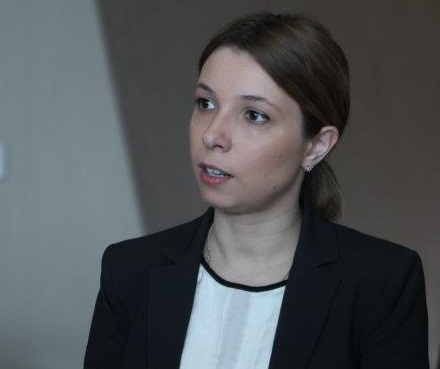
The victory of the opposition in the October 1, 2012 parliamentary election created an unusual political situation for Georgia: the majority in parliament and the local governments are controlled by two different political forces, the ruling and the opposition party. Before the election, the former ruling party, the United National Movement (UNM) had a majority in all 69 municipalities in Georgia. UNM members also were chairperson of every sakrebulo (municipality council) and all gamgebelis (head of executive branch in the municipality) were nominated and appointed by them.
Despite the fact that by law, local government is independent from the central government and changes in the central government should not be imminently reflected in the political composition of sakrebulos, the results of ISFED’s monitoring show that during 3 months after the election, 31 gamgebelis and 16 sakrebulo chairpersons resigned, and instead of them, candidates nominated by the Georgian Dream coalition were appointed.
While the ruling Georgian Dream party considers the changes a “natural process”, the UNM claims that the local authorities are subject to pressure. The analysis of the circumstances under which the authorities are replaced might give us the answer to the question: What is actually happening there?
ISFED’s post election monitoring shows that there has so far been held protest rallies by the Georgian Dream to demand the resignation of the gamgebeli or sakrebulo chair in 16 municipalities. Protesters are mostly demanding the replacement of local authorities with GD’s candidates. In 11 cases, rallies turned into illegal acts, like physical abuse, invasion of buildings, disruption of meetings and blocking of entrances. The police played a passive role in preventing and investigating such acts. Till now, none of the perpetrators have faced legal responsibility.
Despite the fact that the authorities that have resigned deny the existence of pressure, monitoring results indicate that generally their “voluntary resignation” took place in municipalities where GD supporters organized protest rallies.
I consider a situation when UNM members – who are still in majority in most of sakrebulos – as a rule appoint Georgian Dream candidates as gamgebelis or chairpersons, more suspicious than a “natural process”. At least this situation raises the question whether these decisions have been made under pressure. Another abnormal situation which shows what problems there are with the political culture in Georgia is when in particular cases representatives of the former ruling party left the majority faction in local sakrebulos in order to establish new factions that frequently became supporters of Georgian Dream.
For me the “natural” is the spirit of protest that exists in society towards the local authorities. The incorrect perception and the expectation that changes in the central government should immediately cause changes in the local government is a result of a long standing wrong practice and style of work among local authorities. The fact that society perceives them as local representatives of the central government is due to the status that they enjoy an unlimited right to campaigning. Regrettably, they often misused their authority by engaging in illegal activities against opposition supporters, including dismissals from work, making threats, pressure, misuse of administrative resources, etc.
Inappropriate practice together with the legislative framework has created a wrong perception of local government’s essence and functions. Far from being independent and impartial from the political processes, local governance with its entire apparatus was actively engaged in campaigning in favor of the ruling party; unfortunately, often in illegal ways.
Nevertheless, such precedents in no way justify the illegal pressure and violence in a number of municipalities. Regrettably, the trend continues and the authorities fail to take effective measures for its prevention. If the new government doesn’t want to repeat the mistakes of the former government, the transfer of power in local governments must abide by procedures prescribed by law, and the government of Georgia must ensure that they function in a pressure-free environment.
The current situation once again demonstrates the necessity of reforming system of local governance to ensure their actual independence. I believe that making the offices of mayor and gamgebeli elected positions is one of the ways to build trust in local government officials and support stability of these institutions.

